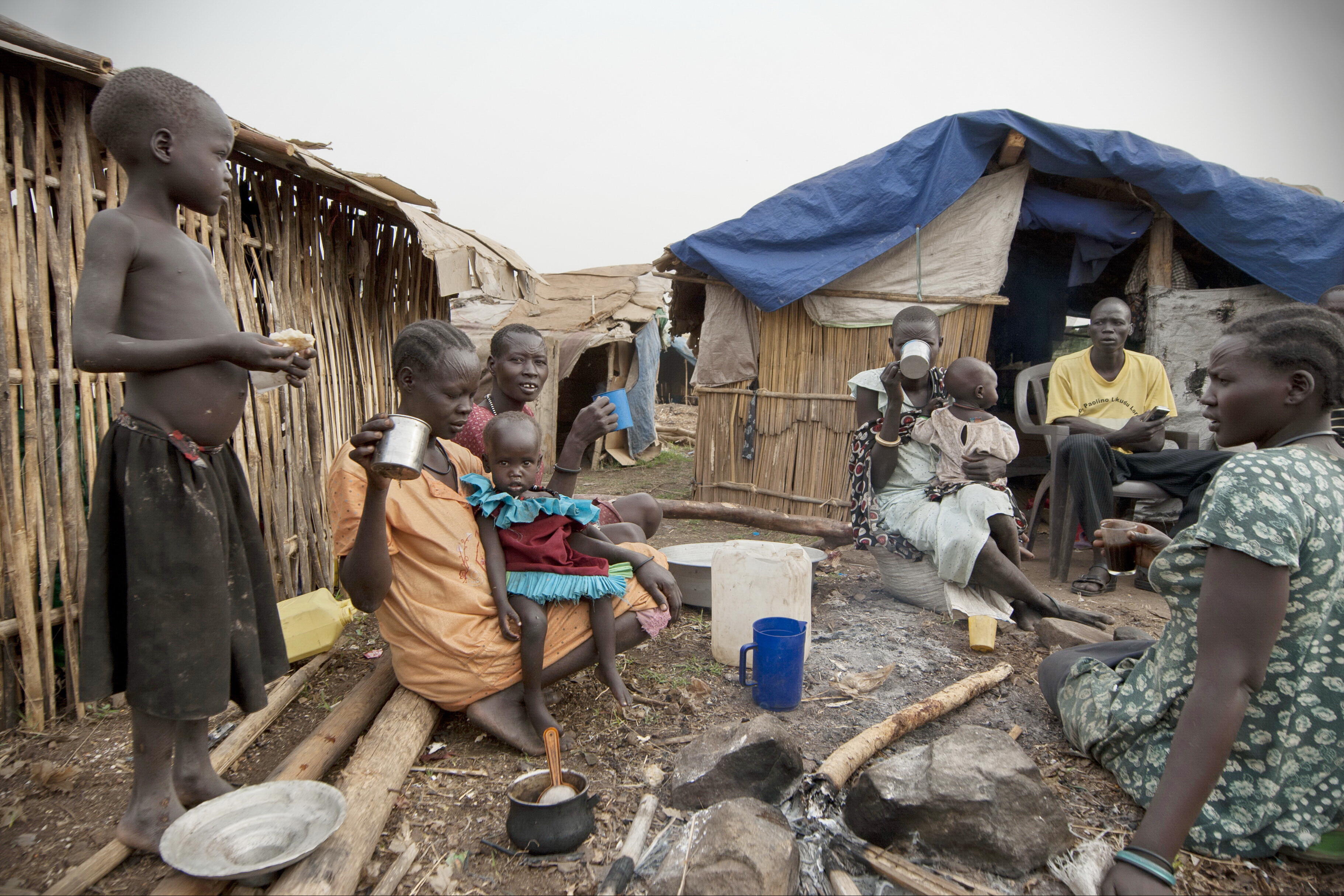
LSTM researchers led by LSTM Professor Joe Valadez, along with colleagues from the Ministry of Health in South Sudan, have recently published a study in BMJ Global Health focusing on health systems during conflict. The team investigated whether the investment into fragile countries, such as those in conflict, is an appropriate use of resources.
The study focuses on the Republic of South Sudan, a country which has suffered long-lasting conflict for 20 years. Decades of civil war has destroyed much of the country’s infrastructure and society and child and maternal mortality rates were among the highest in the world. In addition, its highly fragmented health system was managed mostly by non-governmental organisations and humanitarian aid organizations.
In recent years there has been an increase in global health focus on fragile and conflict-affected settings (FCAS) including countries like the Republic of South Sudan. There are currently 1.5 billion people living in FCAS and have a heightened need for basic health services. However, data on maternal, newborn, child and reproductive health services used by their populations are often scarce. This ultimately reduces the ability of governments and health partners to track if the health needs are being met and to effectively develop policies to strengthen the health system.
This information scarcity also solidifies the common notion that “war is development in reverse” which assumes that health systems cannot be strengthened during protracted conflict and can deter investments in these settings. As highlighted in the Sustainable Development Goals (SDGs) the building of peaceful societies is considered an essential for sustainable development.
However, despite the conflict in the Republic of South Sudan, they have been able to develop and implement national policies guiding them along the path to achieving the SDGs. The current study has demonstrated that in the 5-years from the year of South Sudan’s independence in 2011, it has made moderate progress in health systems strengthening. Unfortunately, this progress has varied across the states comprising the country and coverage of maternal, newborn, child and reproductive health services is still low.
Professor Joe Valadez said: “South Sudan is an excellent example of how empowering people to manage their health system can be responsive and effective, enabling local community needs to be met. South Sudan recognised early on that their success would depend on having accurate information about the conditions of people living in communities. The country’s leadership was prescient when it embarked on a training programme, in every state, to develop cadres of committed health workers who regularly carried out household surveys and health facility assessments to develop up-to-date health programme strategies. South Sudan’s Ministry of Health is a showcase example of what committed individuals can do when following basic community health principles.”
The work of Professor Valadez and colleagues demonstrate that although health systems strengthening is a context specific and non-uniform process, it is not necessarily deterred by conflict. Furthermore, it highlights that international aid being delivered to these highly fragile countries, from NGOs and humanitarian aid organisations, can result in important benefits for the intended populations rather than being a waste of resources.
BMJ Global Health: http://dx.doi.org/10.1136/bmjgh-2019-002093